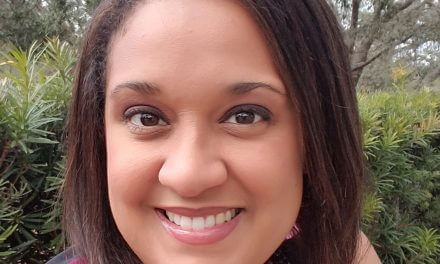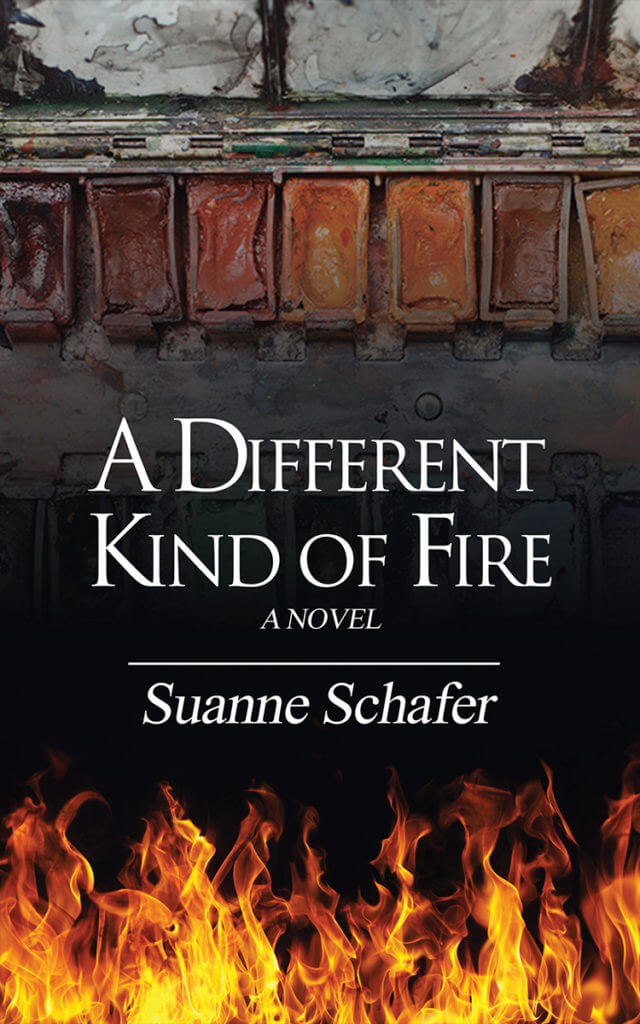
Joining me today is Samantha Heuwagen, a Marriage and Family Therapist specializing in Sex Therapy in Atlanta, GA. She’s a graduate of Mercer University School of Medicine where she earned her second Master’s degree in Marriage and Family Therapy. Her first Master’s is in Women’s and Gender Studies from the University of South Florida where she first realized her passion for sex education and the power of the written word. When she isn’t working with clients, she writes about faraway places and tries to change the world through fiction bridging mental health awareness and social justice together.
SS: When I read other authors’ biographies, mine seems dull by comparison. How do you feel about your life story? Have you ever been tempted to jazz yours up?
SH: I wouldn’t say that about your life, Suanne! You’ve lived some adventures and gone through heartache just like the rest of us. I don’t think there needs to be a comparison.
I hear so many stories from fascinating people almost every day, and everyone has a story. Everyone is unique. I’m fortunate to be able to do what I do and I wouldn’t change it for the world. Being a bilingual sex therapist had taught me that even when I feel like I don’t stand out or that I’m not doing enough, I truly am where I need to be. I don’t want to jazz up my story because I don’t need to––well, that is unless someone freaks out about the word sex. Then I have to dance around the subject!
SS: Is your day job a distraction, or does it add another element to your writing?
SH: I love this question because without being a therapist, I’m not sure I would have very much to say. A lot of my work revolves around mental health awareness and healthy relationships. In Fading Starlight, I’m still depicting realistic episodes of anxiety, grief, and depression. This time around, however, I’m throwing in my take on how to help a survivor of sexual assault. I think it’s important to know how it effects not only the survivor, but the community surrounding them as well. I focus more on recovery and how family and friends can help a loved one going through such a life changing event.
SS: What part do your own fears play in your fiction?
SH: It’s funny, it wasn’t until recently that I was talking to my best friend about recovering from trauma that she pointed out how themes from my life are showing up in my writing. I had to take a moment and step back––really look at my life and what I was trying to do with The Starless Series. I do weave in a lot of my beliefs into my work, but bigger still, I’ve added a way for me to process different things in my life through fiction, especially in Fading Starlight. I processed my own experience with sexual assault and showcase what I would have liked to have seen from my loved ones if I had been able to tell them. Now, before everyone gets upset for me, please don’t misunderstand me: I have gotten professional help and I now have the love and support of many people to help me work through any issues that might still arise because healing is not linear. I think my personal story and Fading, offer a glimpse into how hard it is for many people to talk about their experiences and I’m honored to be able to offer support for others, professionally and in my writing.
SS: How do you make your readers regret that they’re coming to the end?
SH: I’d like to think cliffhangers are my specialty. I tend to write them and then push the readers through it––much to their dismay, but they come back more excited than ever!
SS: Which scene did you find the most challenging to write and why?
SH: As you can imagine, the scene where the assault takes place was very difficult. I had to walk the fine line of being descriptive and respecting my readers enough to not trigger them in any way. I think I was able to do this with the help of my editor, Hannah Bauman, and therapists, Danielle Tidwell and Christopher Belous. All of their insight allowed me to write a scene that says so much more and impacts the reader to help create change in their own lives.
SS: Though I’ve never experienced sexual assault, I too found the sexual assault scene in A Different Kind of Fire to be the most difficult to write. I skipped over it time after time. Finally, to finish the book, I had to deal with it. It was literally the last scene I wrote. To change the subject, who do you consider to be your biggest and best mentor and/or inspiration?
SH: My best mentors have been all of the educators that have supported me and taken the time to teach me the craft of writing. From early on when I was first diagnosed with two learning disabilities to graduate school, I’ve worked with some terrific people who have given me the help, love, and insight to become the best writer I can be. Without them I wouldn’t be where I am today.
SS: Which of your characters surprised you the most for the decisions they made?
SH: I knew in The Starless SeriesI wanted to break down gender stereotypes. I wrote Henry Rickner to do just that. I didn’t know I would also come to love him and understand that no one is perfect. He’s actually helped me see mistakes as learning opportunities and that no matter how awful they are, they don’t need to define me. He might not be everyone’s favorite, but he’s at least taught us something with his bullheadedness and determination.
SS: In your view, who are the best science fiction writers?
SH: The best science fiction writers are the ones that understand humanity in such a way they realize science fiction is the vessel for change and social justice. Any story that has a message is powerful and does wonders for the world.
SS: If given the power to greenlight a summer blockbuster, what unrepresented or “unknown” (to the mainstream, at least) science fiction or fantasy book or series would you love to see on the big screen?
SH: Of course, I’d want to see The Starless Series on the big screen! Duh
SS: Dorothy Koomson (The Woman He Loved Before) says that she doesn’t set out to write “issue” stories but sets off on one course of research and then discovers something unexpected that changes the focus of the book. Does that sound like you?
SH: Yes, but instead of research, I get my inspiration from the clients I treat. They inspire me to open the discussion about mental health and bring awareness to the fact we all need help in one way or another. Therapy is just one tool to create change and it’s not only for the sick. We all need a listening ear every now and then.
SS: And now for the LIGHTNING ROUND:
Describe your books in 3 words: Resilience. Love. Humanity.
Favorite thing about your genre? The freedom to create and explore social justice on a large scale. Be the changeI wish to see in the world takes on a whole new meaning!
A genre that you would love to write: Romance—I’m trying to add that into Starless, however.
When writing, are you a night owl or morning person? Morning person
Pantser or Plotter? Pantser
Book you’re currently reading: The Yankee Earl by Shirl Henke (SS: That’s on my TBR list)

Your favorite guilty pleasure: There are no guilty pleasures, just pleasure (says the Sex Therapist).
Your favorite alien species is: La’Mursians 😉
What’s your favorite sci-fi movie? Star Wars: A New Hope
********************
The Starless Series (Dawn Among the Stars and Fading Starlight) are available through:

********************
Samantha can be found here on social media:












